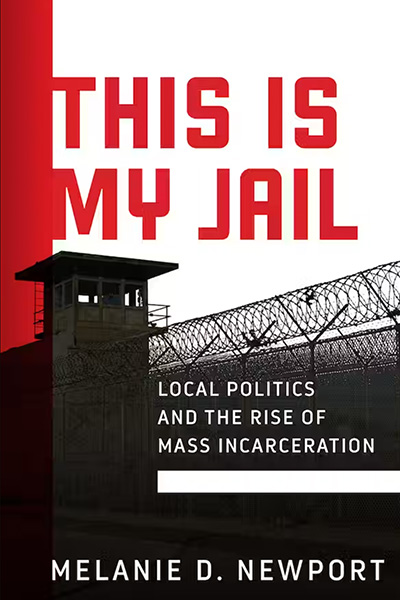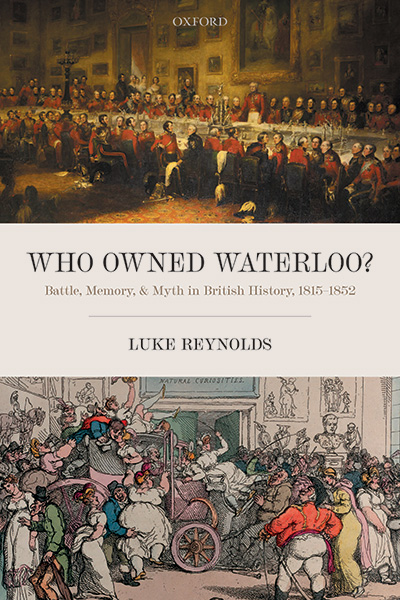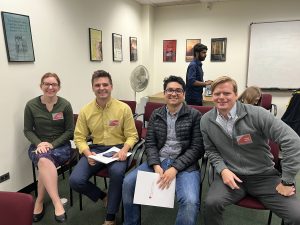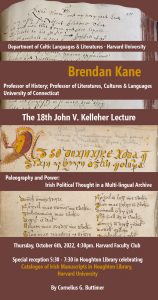Melanie Newport, Author
While state and federal prisons like Attica and Alcatraz occupy a central place in the national consciousness, most incarceration in the United States occurs within the walls of local jails. In This Is My Jail, Melanie D. Newport situates the late twentieth-century escalation of mass incarceration in a longer history of racialized, politically repressive jailing. Centering the political actions of people until now overlooked—jailed people, wardens, corrections officers, sheriffs, and the countless community members who battled over the functions and impact of jails—Newport shows how local, grassroots contestation shaped the rise of the carceral state.
As ground zero for struggles over criminal justice reform, particularly in the latter half of the twentieth century, jails in Chicago and Cook County were models for jailers and advocates across the nation who aimed to redefine jails as institutions of benevolent transformation. From a slave sale on the jail steps to new jail buildings to electronic monitoring, from therapy to job training, these efforts further criminalized jailed people and diminished their capacity to organize for their civil rights. With prisoners as famous as Al Capone, Dick Gregory, and Harold Washington, and a place in culture ranging from Upton Sinclair’s The Jungle to B. B. King’s Live in Cook County Jail, This Is My Jail places jails at the heart of twentieth-century urban life and politics.
As a sweeping history of urban incarceration, This Is My Jail shows that jails are critical sites of urban inequality that sustain the racist actions of the police and judges and exacerbate the harms wrought by housing discrimination, segregated schools, and inaccessible health care. Structured by liberal anti-Blackness and legacies of violence, today’s jails reflect longstanding local commitments to the unfreedom of poor people of color.







